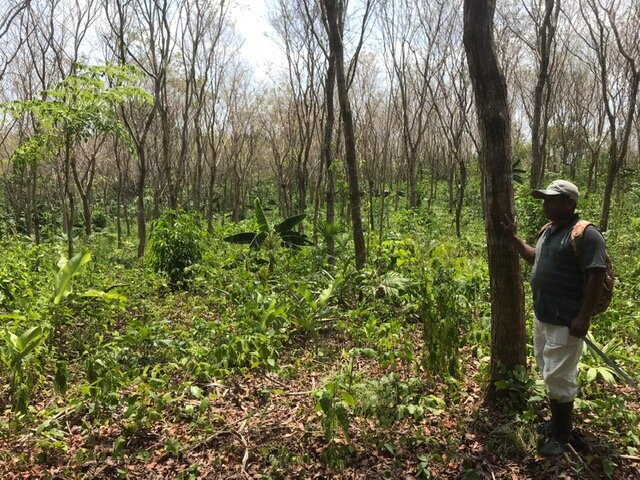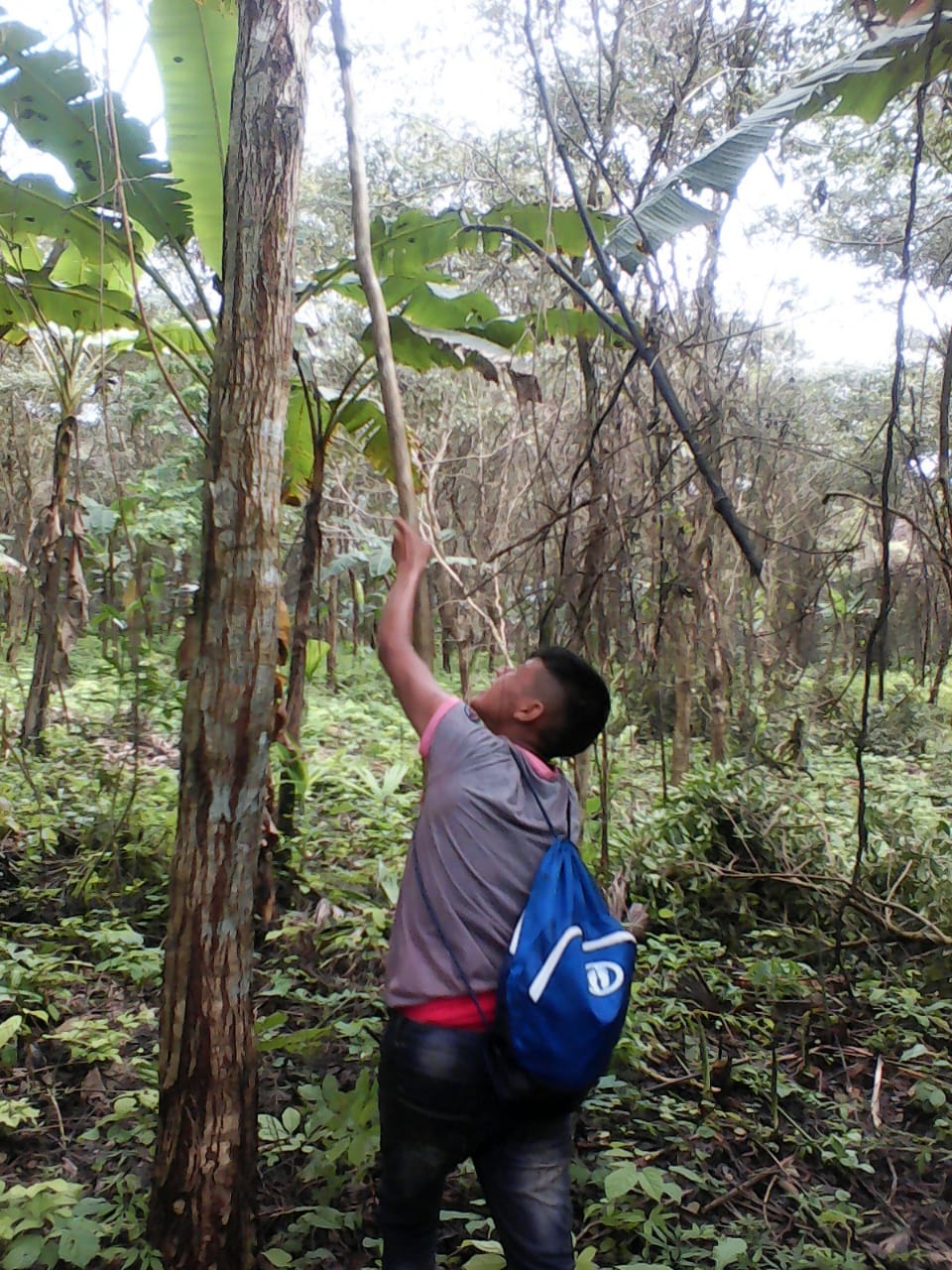Growing the Pie in Panama
/NPR recently did a story on Panama’s impressive growth, but also the inequitable distribution of that increasing wealth. Since we first started working in Panama in 2003, we’ve seen the country transform significantly. There is a lot more wealth than there was ten years ago, but that wealth is largely contained in the city among the country’s elite and politically connected. As the post points out, a third of Panama’s 3.5 million still live in poverty.
 A view of the Trump Tower sun deck in PanamaAs for-profit business, we believe that everyone can benefit by participating in capital markets. We’re not calling for the redistribution of Panama’s wealth to the urban and rural poor. Rather, we’re working to grow the proverbial pie through profitable, sustainable forestry, while ensuring that our community forestry partners, as an essential part of our business, benefit from that overall increase in wealth creation.
A view of the Trump Tower sun deck in PanamaAs for-profit business, we believe that everyone can benefit by participating in capital markets. We’re not calling for the redistribution of Panama’s wealth to the urban and rural poor. Rather, we’re working to grow the proverbial pie through profitable, sustainable forestry, while ensuring that our community forestry partners, as an essential part of our business, benefit from that overall increase in wealth creation.
While this may seem altruistic, it’s not. What our sustainable forestry model does is consider the long-term economic, social and environmental impacts of empowering those who are critical to our business. Attracting increased foreign investment and including more local stakeholders as economic winners makes business sense. Higher wages reduce our labor turnover and increase productivity. Profit sharing reduces our political risk. We are ensuring that we have continued access to necessary, and increasingly costly, plantation inputs such as land and labor.
Panama will continue to grow, and holders of our Forest Investment should be glad to see this. But Panama also needs to consider the potential of those who are currently excluded from the economic process. Until they become stakeholders in the growing wealth of the country, Panama will continue to have the road blocks and strikes that point to this economic disparity. In the meantime, we wouldn't feel too bad if all the luxury SUVs in Panama City were made to suffer the wait.
Learn more about Panama.







